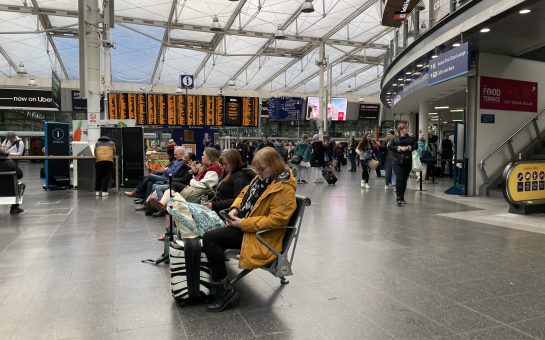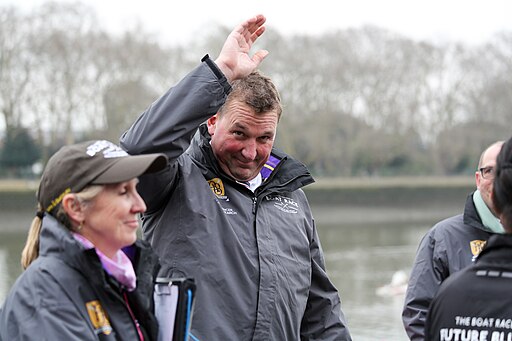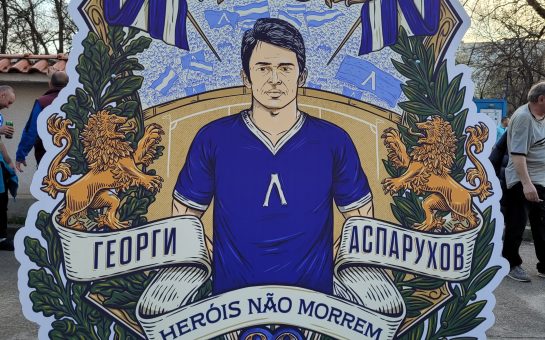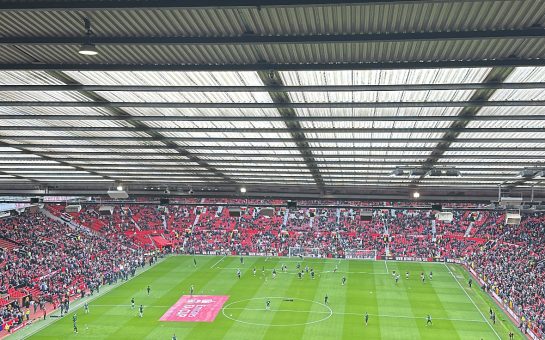An expert on football policing and hooliganism is confident Mancunian football fans will keep out of trouble in Europe next season, and blamed the French police for violence which marred the start of England’s Euro 2016 campaign.
Travelling England supporters fought running battles with local gangs, French riot police and vicious Russian hooligans during three days of lawlessness in the southern French city of Marseille earlier this month.
But Dr Geoff Pearson, Senior Lecturer in Criminal Law at the University of Manchester and football hooliganism researcher, told MM that he was confident that Manchester United and Manchester City supporters are experienced enough to stay safe when watching their teams on the continent.
“Both sets of fans are now very experienced in terms of travelling abroad in Europe and I think most of them will be savvy enough to act in an appropriate manner and behave themselves,” he told MM.
“They know where they should be wary of attacks by local gangs and where they should be wary of the police.
“There are some places in Europe which are wonderful places to go where the policing is exceptionally good and there are other places to go which can be quite dangerous with little police protection.
“And there are other places where the police are actually the greatest threat to travelling supporters.”
Dr Pearson has documented and studied serious football-related disorder involving English fans in Marseille at World Cup ’98, in Charleroi in Belgium at Euro 2000 and in Albufeira in Portugal at Euro 2004.
He was also present in Rome in 2007 when Manchester United supporters were brutally assaulted by the Italian Carabinieri inside the Stadio Olimpico during a Champions League fixture.
He witnessed the violent scenes in Marseille’s Vieux Port at first hand earlier this month and said it was the worst disorder he has ever seen since he started his research into football policing in 1995.
And in his opinion, it is the French riot police, the Compagnies Républicaines de Sécurité (CRS), who should shoulder most of the blame for ‘a complete breakdown in law and order’ in Marseille at the start of June.
“The strategy used by the French police was to not engage with the fans at all, to stand back and then respond with overwhelming force when minor incidents occurred,” he said.
“And that against the whole crowd, not just the minority causing the disorder.”
As Dr Pearson explained, the French strategy was completely at odds with common policing practice in the UK which is based on a more communicative and interactive approach.
He said: “The strategy used by the UK police is to differentiate trouble makers from the main body of football supporters and try and isolate them from most match-going fans.
“This means that when they cause disorder or engage in violence they’re quite easy to manage so that normal fans don’t get caught up in it. And that’s been the strategy in the UK for quite a while now.”
Dr Pearson has dealt closely with police forces and local authorities in both a professional and private capacity as a researcher and as a fan, and praised the progress made by Greater Manchester Police over the last decade.
“GMP have made some very significant strides [in football policing] in the last few years,” he said.
“The sight of officers in riot gear around Manchester United and Manchester City games is almost unseen now, and that’s been quite a recent development.
“And it’s not like GMP think that their work is done – they’re still looking to improve.”
Dr Pearson explained that he will be soon be starting work with a PhD student at the University of Manchester who will be looking to develop a ‘human rights based approach to football policing’ across Greater Manchester.
“The fact that GMP are in a position where they feel they are able to do that shows the strides they’ve taken, and the fact that they want to go a step further and really set themselves apart as the gold standard in terms of football policing,” he said.
“I’m not suggesting that GMP do everything perfectly but they clearly have made great strides.
“Football matches at both Old Trafford and the Etihad are now very safe and welcoming places to be.”
Manchester City fans will find out their Champions League group stage destinations when the draw is made on August 25.
After finishing fifth last season, Manchester United fans face potentially longer European trips when the Europa League draw is made on the August 26.
Image courtesy of BBC, with thanks



